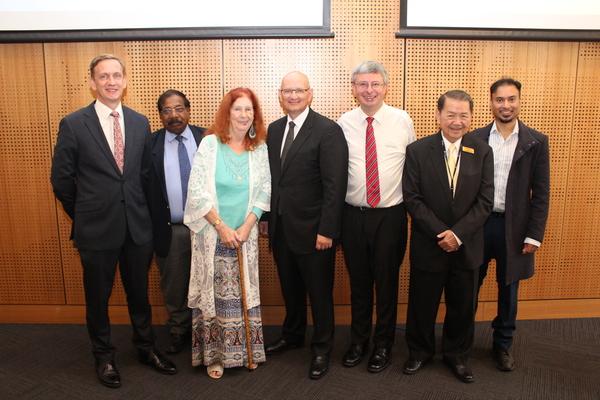
By Cam Lucadou-Wells
At least 148 asylum seekers in Greater Dandenong have been made “destitute” after being cut from the Status Resolution Support Services program, says Greater Dandenong councillor Matthew Kirwan.
Another 350 further recipients in the council area were also facing the possible loss of their $35-a-day SRSS payments, pending assessment by the Department of Home Affairs, Cr Kirwan told a council meeting on 13 May.
Most of the former recipients were single adults – 72 per cent of whom were male.
“There are even more who consist of families with parents and children under 6 years old who exiting from the program is only for the time-being on hold.”
Cr Kirwan said the cuts have caused increased demand for housing, infant needs, education, food and groceries, utility costs, medical treatment, transport costs and medication.
“The sector (has) estimated that even if the SRSS program was reinstated in full tomorrow there would be a lingering after effect in Australia of 6-12 months due to the damage that the cuts to the program have caused.”
Greater Dandenong Council has led a national campaign to reverse the cuts, nominating it as part of its Federal Election wishlist.
It was set to move at a Municipal Association of Victoria state council meeting on 17 May to lobby the State Government for increased emergency relief for asylum seekers in the meantime.
Federal Labor, if elected to Government, has vowed to reverse the stripping of welfare payments from asylum seekers living in the community.
It has not offered a clear time-frame for action.
The Coalition Government has stood firm on the cuts.
A spokesperson for the Department of Home Affairs recently told Star News that the SRSS program “is not a social welfare program”.
“It is designed to provide short-term, tailored support to those who have demonstrated barriers to resolving their immigration status.
“Individuals on a bridging visa with work rights, and who have the capacity to work, are expected to support themselves while their immigration status is being resolved.”






